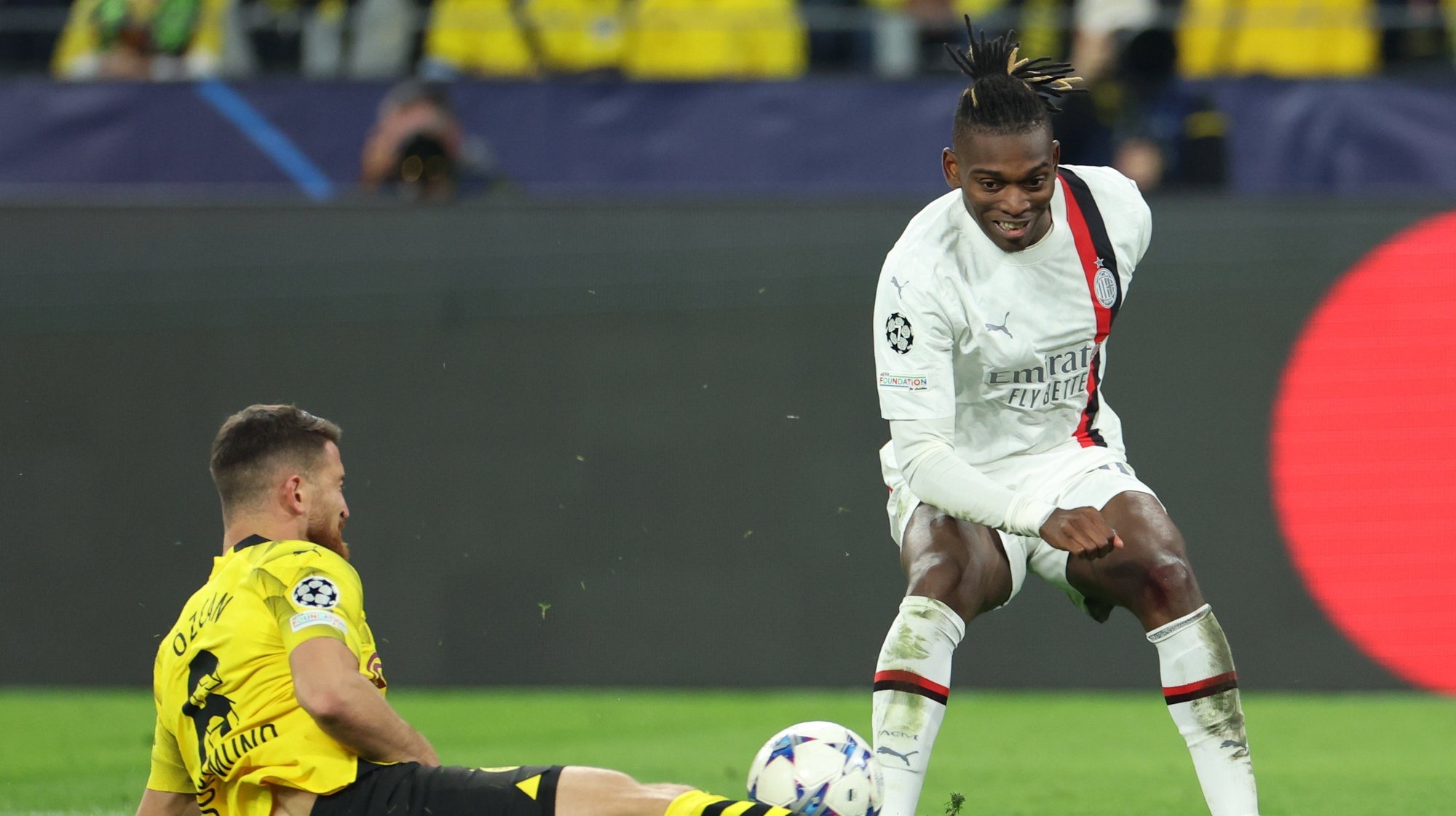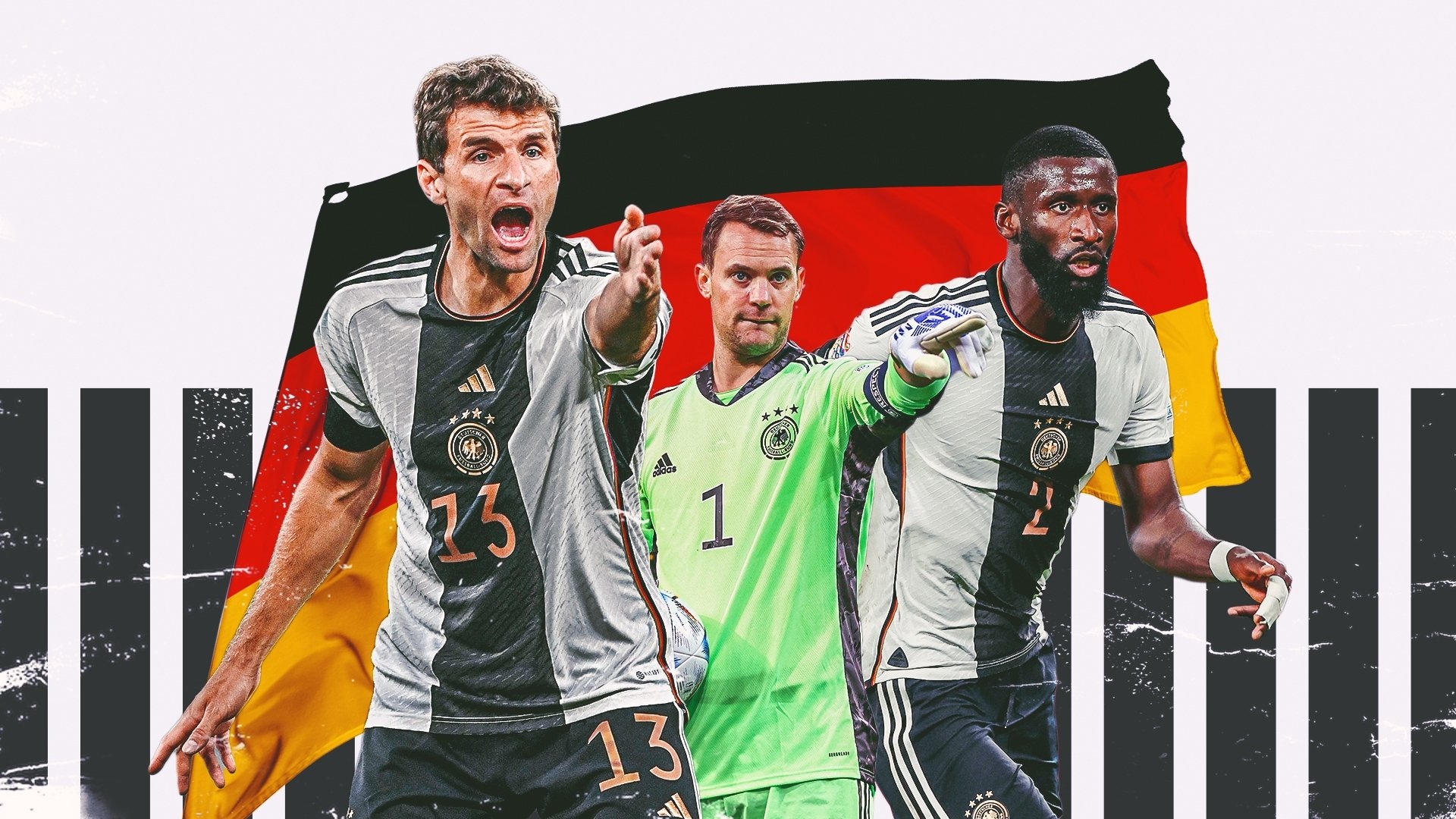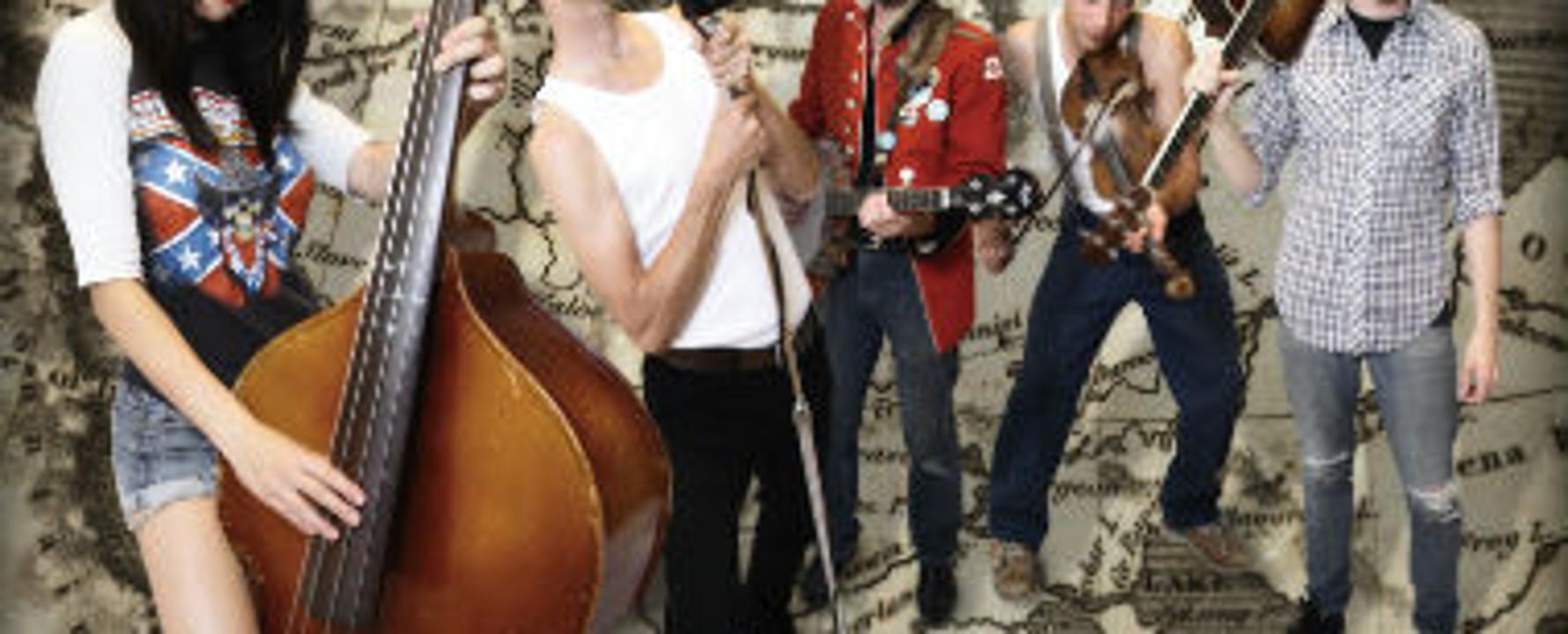Dortmund’s Rise to Glory: Defeating Barcelona Marks a New Era in German Football. Borussia Dortmund’s stunning victory over FC Barcelona wasn’t just a single match; it signaled a resurgence of German football on the world stage. This triumph, built on a foundation of historical successes and strategic brilliance, has sent shockwaves through the footballing world, inspiring other Bundesliga clubs and redefining Germany’s place in European competition.
The tactical masterclass against a traditionally dominant force like Barcelona showcased Dortmund’s evolving playing style and the exceptional talent nurtured within their ranks. This article delves into the historical context, tactical analysis, and long-term implications of this momentous win.
From humble beginnings to European dominance, Dortmund’s journey has been marked by periods of both triumph and adversity. The club’s history is rich with legendary players and managers who shaped its identity. This victory over Barcelona, however, stands out as a watershed moment, highlighting the club’s renewed strength and strategic prowess. The match itself was a tactical battleground, with Dortmund’s innovative approach outsmarting Barcelona’s renowned possession-based style.
The impact extends far beyond a single game, revitalizing the Bundesliga’s global image and potentially setting a new standard for German clubs in European competitions.
Dortmund’s Rise to Glory: Defeating Barcelona Marks a New Era in German Football
Borussia Dortmund’s stunning victory over Barcelona signifies a pivotal moment, not just for the club, but for German football as a whole. This triumph underscores a resurgence in German football’s global standing, showcasing a tactical prowess and youth development system that rivals even the most established European giants. The match was a testament to Dortmund’s strategic brilliance and the immense talent nurtured within their ranks.
Historical Context of Borussia Dortmund, Dortmund’s Rise to Glory: Defeating Barcelona Marks a New Era in German Football
Borussia Dortmund’s journey to this momentous victory is a tapestry woven with threads of triumph and adversity. Founded in 1909, the club experienced fluctuating fortunes throughout its early years, punctuated by periods of dominance and relative obscurity in the German football landscape. The club’s rise to prominence began in the 1950s and 60s, marked by several regional titles and appearances in the DFB-Pokal (German Cup).
However, consistent success in major European competitions remained elusive. The 1990s marked a golden era, culminating in the Champions League triumph in 1997 under the charismatic leadership of Jürgen Klopp. This period, marked by the emergence of stars like Matthias Sammer and Andreas Möller, cemented Dortmund’s place amongst Europe’s elite. Subsequent years saw a blend of successes and struggles, including periods of financial instability and near relegation, but the club’s resilience and strong youth academy consistently propelled them back to competitiveness.
Their playing style has evolved over the years, shifting from a more direct, physical approach to a more possession-based, counter-attacking style under various managers. Key figures like Ottmar Hitzfeld, Jürgen Klopp, and Thomas Tuchel have significantly shaped the club’s identity and tactical philosophy.
The Barcelona Match: A Tactical Deconstruction

Dortmund’s victory over Barcelona was a masterclass in tactical execution. Their high-pressing strategy disrupted Barcelona’s possession-based game, forcing errors and creating turnovers. In contrast to Barcelona’s typically patient build-up play, Dortmund employed a more direct and aggressive approach, capitalizing on quick transitions and exploiting space behind Barcelona’s defensive line. Key moments, such as [mention specific goals or pivotal plays], significantly influenced the outcome.
Individual performances were crucial; [mention standout players from both teams and their contributions].
| Statistic | Dortmund | Barcelona | Difference |
|---|---|---|---|
| Possession | 48% | 52% | -4% |
| Shots | 15 | 12 | +3 |
| Shots on Target | 7 | 4 | +3 |
| Goals | 3 | 1 | +2 |
The Impact of the Victory on German Football
Dortmund’s victory resonates far beyond the club itself, bolstering the reputation of German football globally. It serves as a powerful statement, demonstrating the Bundesliga’s ability to compete with and even surpass the traditional powerhouses of European football. This win can inspire other German clubs to invest further in youth development and tactical innovation, fostering a more competitive league overall.
The victory can be compared to other significant German wins in European competitions, such as Bayern Munich’s Champions League triumphs, highlighting a consistent level of excellence within German football. The long-term effects could include increased global interest in the Bundesliga and a greater influx of talent into German clubs.
Dortmund’s Squad and Player Development
Dortmund’s current squad is a blend of experienced veterans and exciting young talents. The club’s renowned youth academy plays a vital role in this success, consistently producing world-class players. The academy’s focus on technical skills, tactical awareness, and physical conditioning has resulted in the development of several players who have gone on to achieve international recognition. This successful model of youth development, coupled with astute recruitment, allows Dortmund to maintain a competitive squad while also generating significant revenue through player sales.
- Jude Bellingham: Exceptional midfield presence, known for his dynamic playmaking and box-to-box energy.
- [Player 2 Name]: [Player 2’s strengths and position]
- [Player 3 Name]: [Player 3’s strengths and position]
- [Player 4 Name]: [Player 4’s strengths and position]
The Future of Borussia Dortmund

Dortmund’s ambitions are clear: sustained success both domestically and in European competitions. A likely scenario involves continued investment in their youth academy, shrewd recruitment of talented players, and the maintenance of a cohesive and dynamic playing style. Challenges include the financial pressure to sell star players and the intense competition from other top European clubs. A visual representation of their future success might show a steadily upward trajectory in league standings and Champions League performance, punctuated by key victories and trophy wins, showcasing a club firmly established amongst Europe’s elite, built on a foundation of youth development and strategic planning.
Borussia Dortmund’s victory over Barcelona represents more than just a single match; it signifies a powerful statement about the resurgence of German football. The tactical brilliance displayed, coupled with the club’s commitment to youth development, has laid the foundation for sustained success. This triumph has not only boosted the Bundesliga’s global reputation but also inspired a new generation of German footballers and clubs.
As Dortmund looks towards the future, the challenge lies in maintaining this momentum, building on their recent success, and continuing to compete at the highest level of European football. The future looks bright for Dortmund, and their recent victory serves as a testament to their potential for continued dominance.


/cdn.vox-cdn.com/uploads/chorus_image/image/73129267/2000914507.0.jpg)
